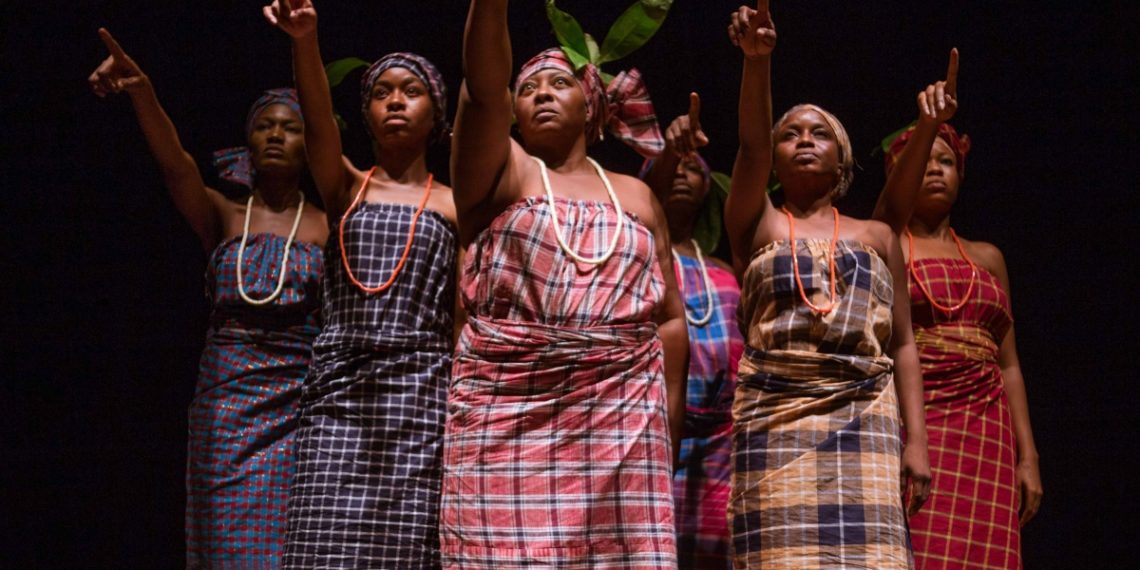Common struggle and ill-treatment make people allies. It is shocking that in today’s society, women are silent despite the awareness created by the feminist movement and other movements intended to bring more light to the ill-treatment women face and the inequality in today’s society. It is no surprise that women barely look out for each other, even the women in girls’ clubs would rather compete with themselves than uplift one another. Not every woman is like this. However, since this attitude involves a majority, it makes sense to readdress these issues.
Nigeria has seen its fair share of wars, protests and rebellions. When people get pushed to the wall, they find a way to bounce back, just like the women in Oloko in 1929.
There was a rumour in Oloko that the women would be taxed directly like the men which created a fuss within the women groups. It was just a rumour, and the women thought it
had better be because they supported their men to sell and pay taxes.
Only it wasn’t just a rumour: Okugu, a warrant chief in Oloko, decided to carry out the new order from the colonial authorities. His decision that day shaped history when he ordered Mark Emereuwa to help in taking a census of people living in the community, to know who and how much to tax them.
One morning in November 1929, Mark Emereuwa entered the house of Nwanyeruwa, a widow, to take a census and then asked her to count her livestock and the people under her roof. Knowing fully well that the result of the census would determine how she would be taxed, she replied, “Was your widowed mother counted.”
Her reply resulted in a heated argument, with Emereuwa holding her by the neck. The issue seemed resolved, and Emereuwa left, feeling like the victor while Nwanyeruwa went to her girls’ club (at the town square) to discuss it with the women. She gave her account, and the women were enraged. They invited women from the neighbouring districts and gathered nearly ten thousand women.
In Nigeria today, women are going through issues like sexual harassment, physical violence, and inequality, just to mention few.
There are few rules and structures to help women, especially those at the grassroots. One can argue that these structures are few because the people setting these rules are not women. Only a woman can truly understand another woman’s plight, and more so if they had gone through a similar experience. The women in Oloko during the time of
this new law knew what it meant because it would affect all of them.
After hearing Nwanyeruwa’s story, they knew the new development needed to change.
This was one of the most memorable revolts by women in West Africa, with about ten thousand women from different ethnic groups (Ibibio, Andoni, Orgoni, Bonny, Opobo, and Igbo) protesting at the chief warrant officer’s office, demanding his resignation. The protest lasted from November to January, escalating at different points, destroying over sixteen native courts, and resulting in the deaths of fifty-four women and one man. These women did not care about their ethnic group, language, or religion, just the common good of the women.
In a time of hyperinflation, a financial crash that impeded women’s ability to trade, when women had no political power, about ten thousand women challenged a new law that could have affected most of the women under the colonial authorities. It shows that change can happen when women come together, bond, support, push each other, get themselves heard, and set up structures that would work for the greater good of all women and the girl-child.






